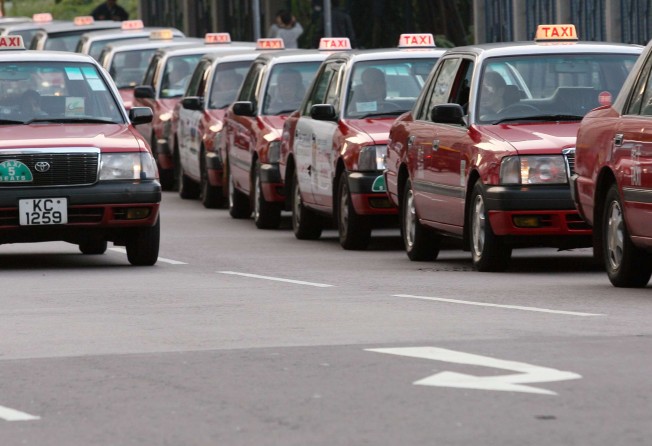Only Hong Kong taxi owners will benefit from high fare hike, not the drivers

Taxi owners are at it again, picking the pocket of the public under the pretence of responding to inflation and higher costs “to benefit drivers” (“Taxi drivers want up to 18% rise in fares”, December 11).
We can be sure that the one thing it will not do is benefit the drivers. Any increase in revenue to drivers will be confiscated by the taxi owners’ cartel through higher cab rental fees paid by the drivers, leaving the latter no better off than today, earning around HK$10,000 a month while the cost of a cab licence hovers around HK$7 million – unaffordable to all bar the speculators.
We saw this in action through the howls of protest by the taxi owners when Uber appeared, the value of a taxi licence declined briefly and they saw their cosy monopoly being eroded.
Let’s look at economics. The price of oil has fallen by more than half since the previous fare increase in 2013 while real incomes for many people in Hong Kong – not just cab drivers or unskilled labourers – have also fallen since then.
What hasn’t changed much is the value of owning an urban taxi licence (still almost HK$7 million), while a New Territories licence has actually risen in price since 2013.
It is clear who is making the money in the taxi industry. There is one other thing that has gone up – the number of complaints about taxis. It reached a record high last year – drivers refusing fares, adding illegal surcharges, and having no idea where they’re going in a world of GPS-equipped smartphones and car-hailing apps. Is the Hong Kong way really to charge more for a steadily deteriorating service?
No wonder we’re hurting as tourists shun our city for better-value destinations.
The solution is straightforward: a deregulated market. Remove the 18,138 cap on the number of taxis allowed in Hong Kong (we don’t regulate the number of doctors), ensure taxi drivers are properly trained in both navigation and customer service, and stop the war on Uber. It is plainly a service that the Hong Kong travelling public wants if the number of Uber drivers working here is any guide.
However, with a government on the side of big business (taxis, property, retailing and utilities, to name a few sectors), rather than workers or consumers, there’s little chance of our masters either understanding basic economics or of fixing the currently unacceptable taxi situation.
Stephen O’Sullivan, Pok Fu Lam